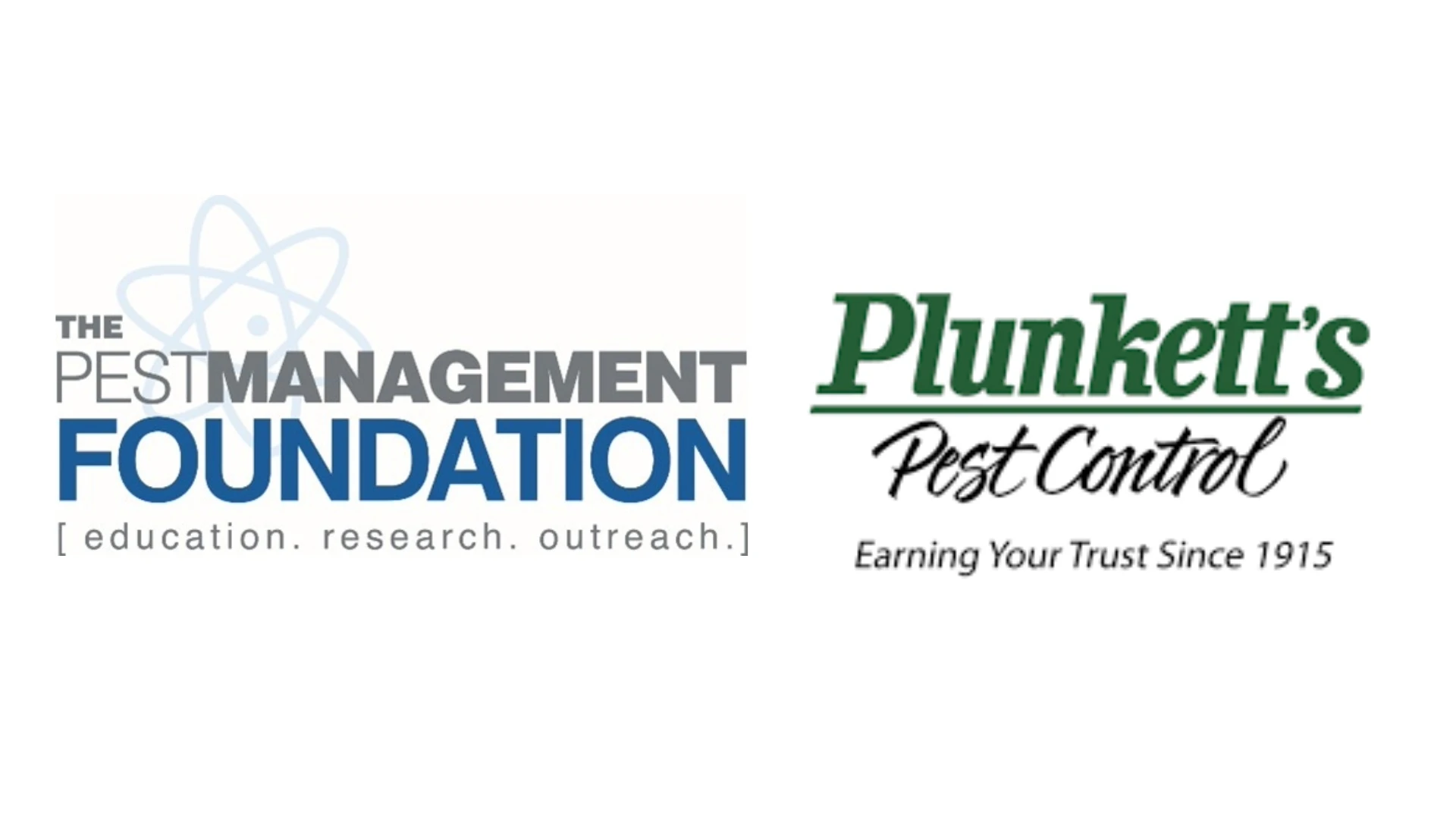 Casey Parker came to the University of Florida aspiring to be a pharmacist. But chemistry wasn’t for her. So, she took a class called “Bugs and People,” and the professor at the time, Carl Barfield, convinced her to study entomology.
Casey Parker came to the University of Florida aspiring to be a pharmacist. But chemistry wasn’t for her. So, she took a class called “Bugs and People,” and the professor at the time, Carl Barfield, convinced her to study entomology.
“I loved everything about it,” Parker said of studying insects. “It’s something people don’t think about very much. They’re around, but we don’t think, ‘they do so many crazy things in our world.’ They transmit tons of diseases that affect humans and animals.”
Parker graduated in 2014 and continued her master’s studies at the UF Institute of Food and Agricultural Sciences Department of Entomology and Nematology. The graduate entomology student this past spring won the ONE WORLD competition, organized by the UF College of Agricultural and Life Sciences Challenge 2050 Project in conjunction with the Syngenta Good Growth Plan. She was awarded $2,000 for her work.
“I was really honored,” Parker said, adding that she felt humbled to be among the other five student finalists — dubbed “The Solution 6” — all of whom created outstanding innovations.
Parker took top prize with research on a novel mosquito trap she is developing with her advisers. She wanted to use the trap to reduce the population of Asian tiger and yellow fever mosquitoes. With help from faculty advisers, Parker created the trap, which has a rough, ridged interior surface. These mosquito species like to lay their eggs on the rough surfaces, she said.
At the source.
Of course pest management professionals know that mosquitoes hatch in containers that hold water. These include bird baths, tires, empty flower pots and more. “It makes it hard to control because there are so many things in your backyard that can be breeding grounds for these mosquitoes,” Parker said. She added that this trap helps minimize human pesticide exposure.
For their experiment, the researchers applied two chemicals in one spray pesticide along the walls of the container. One type of chemical was used for immature mosquitoes and one for adults. Parker and her fellow researchers then put water in the trap to attract the mosquitoes. One insecticide leaches into the water, preventing immature mosquitoes from developing. The other insecticide killed most of the adult mosquitoes when they landed on the interior of the trap.
The researchers monitored adult mosquito mortality by recording the dead mosquitoes inside and outside of the trap. About 98 percent of the adult mosquitoes died within two to three days. Thus far, the experiment led by Parker, which she’s using for her master’s thesis, shows 83 percent reduction in the mosquito egg population in lab studies.
After earning a master’s degree, Parker said she wants to attain a doctorate in entomology, with a goal of working in research and development, perhaps for the World Health Organization or another government entity, she added.
The author is with the University of Florida.
Latest from Pest Control Technology
- Insects Limited Announces Leadership Changes, Promotions for Continued Growth
- Rockwell Labs Adds Gill as Mid-Atlantic Region Technical Sales Representative
- OvoControl Now Registered Internationally for Use in the UAE
- Cindy Jones Becomes First Woman President of CPCO of Georgia
- How Fast Can Infestations Grow?
- NPMA to Host Spotlight Series on Critical Rodenticide Regulations
- Cetane Associates Promotes McCauley to Director of Marketing
- Bobby Corrigan Named the 2024 Crown Lifetime Achievement Award Recipient





